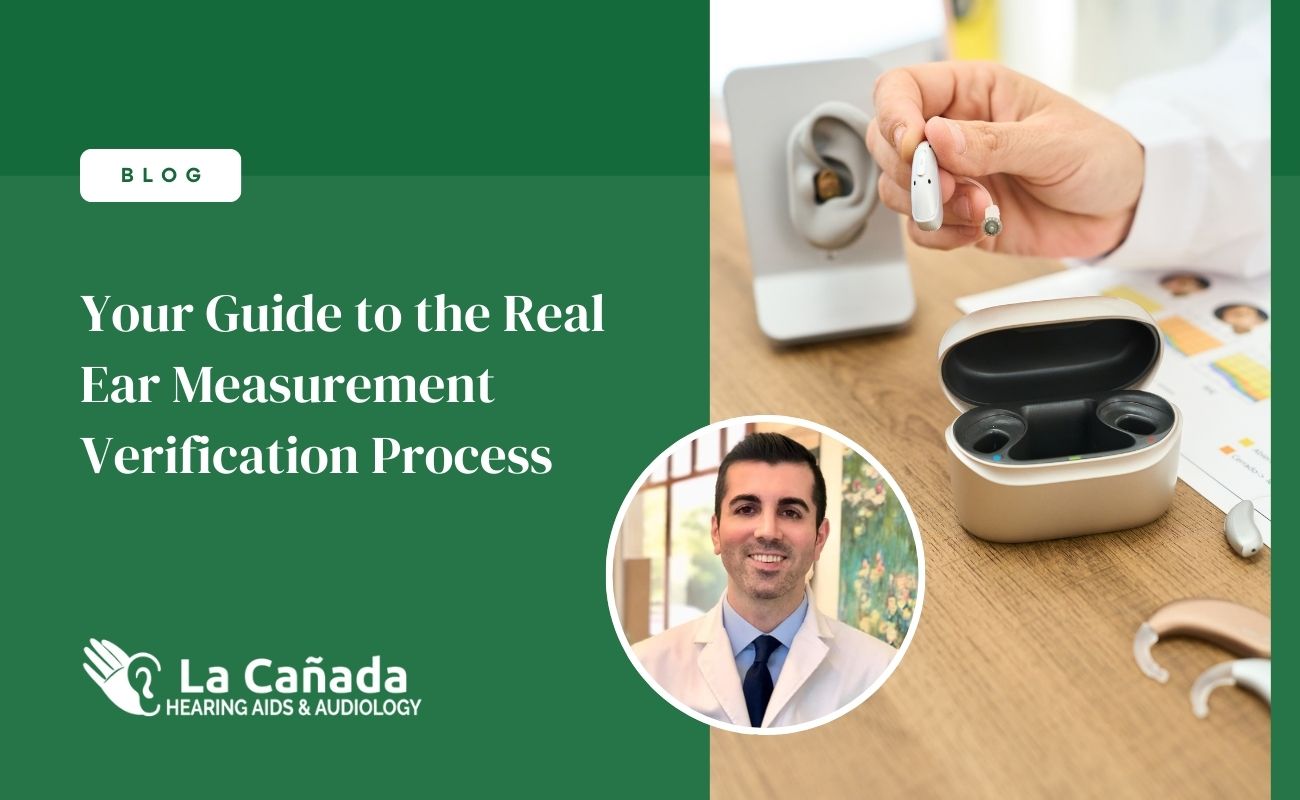Hearing aids help millions around the world follow conversations and keep connected to the world around them. But much like any other electronic device, they require regular cleaning and maintenance to perform at their best. Dust, earwax, and moisture are the top three contributors to hearing aid performance problems. That's why preventing moisture, dust, and earwax in the ear canal requires regular care.
How to clean your hearing aids
While professional hearing aid cleanings are still needed periodically, there are several everyday maintenance and care activities that you should perform at home to best care for your hearing aids. Follow these steps to keep your hearing aids as clean as possible between appointments with a specialist.
Using a soft, dry cloth. Do not use a moist towel or wipes containing any sort of alcohol or chemicals to clean the exterior casing of your hearing aids. Your hearing aids may be damaged as a result of this. If done nightly, dry cloth will be adequate for removing dirt and grime from the outside of your hearing aid.
Clean the ear molds separately. If you have a receiver-in-the-ear or behind-the-ear hearing aid with removable ear molds, you should remove them before cleaning. It is okay to wash the molds with a light, delicate soap and warm water once removed. Before reattaching the molds, make sure they're completely dry.
Use the right cleaning equipment. Cleaning kits designed exclusively for hearing aids are pretty helpful for keeping your aids clean. These packages usually include a wax pick and a small brush that are safe to use on your devices. When you find earwax or other dirt in your hearing aids, never try to remove it with a pen or other "tool" because you might damage the device itself. Only these hearing aid cleaning kits should be used to clean your hearing aids at home.
There are a few other things you can do to keep your hearing aids safe.
Protect it from moisture
Hearing aids contain delicate electronic components. Even though they are often coated to repel small amounts of moisture, they are susceptible to damage if they are exposed to it. Keep your hearing aids in a drawer or bedside table rather than in the bathroom, where moisture may build after a shower.
Consider using a dehumidifying unit with your hearing aid if you live in a humid environment. This is especially beneficial if you alternate between the hot outdoors and air-conditioned inside. These dehumidifiers frequently serve as battery chargers as well.
Before swimming, showering, washing your face, or shaving, remember to remove your hearing aids. At the same time, remember to take them off before using a hairdryer, as the heat could damage them.
Look after your batteries.
Hearing aids, like any other electrical equipment, are useless without batteries. If your hearing aids feature rechargeable batteries, you'll only have to charge them once a night, similar to your smartphone, and maintenance is low because the battery stays in place for the life of the hearing aid. If you're using disposable batteries, be sure to clean the contacts now and then. Also, don't remove the sticker on a new battery too quickly. Removing this sticker activates the battery, which means it will run out faster.
Schedule cleanings with your hearing specialist or audiologist regularly.
Hearing aid cleaning and maintenance are available from most hearing healthcare professionals. Remember to schedule cleanings and maintenance with your hearing expert or audiologist to guarantee the best performance from your hearing aids. Bring them in for professional attention if you cannot remove debris and earwax from your device between planned cleanings. Because most components are sensitive, bringing your hearing aids in can help you avoid accidental damage. With special devices developed for hearing aid care, your hearing expert or audiologist will be able to clean them.
The frequency with which you should get your hearing aids cleaned by a professional will vary depending on the hearing aid you have and how quickly earwax or sweat accumulates. Professional cleanings are recommended every three months for some people, while others can go up to six months between cleanings. It's critical to frequently keep in touch with your hearing healthcare specialist to ensure that you're getting the proper maintenance, fitting, and cleanings.
If you need cleaning or repairs, visit us.
Many easy hearing aid issues can be resolved by following basic home maintenance guidelines. If a problem with your device persists after you've made sure it's clean, turned on, and has new or charged batteries, our Audiologist Kevin Ivory can help you figure out what's wrong and repair your hearing aid.


.webp)





